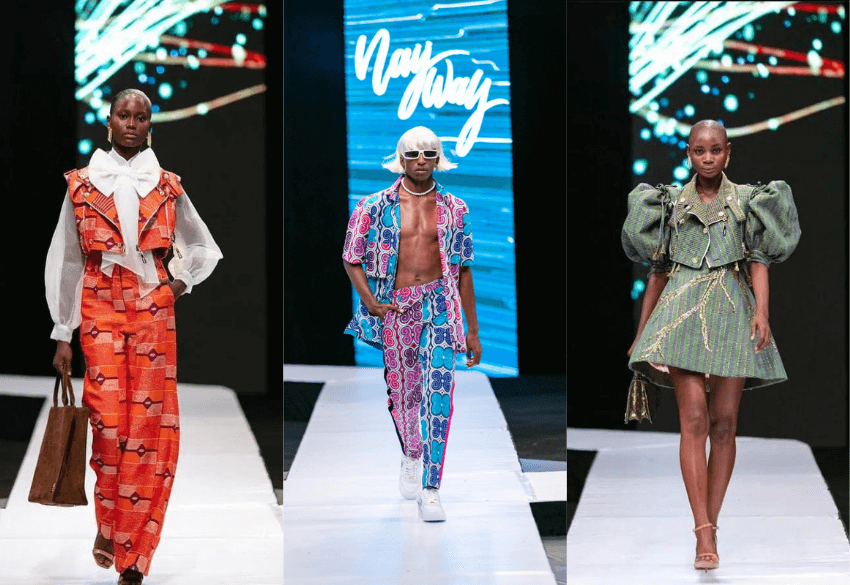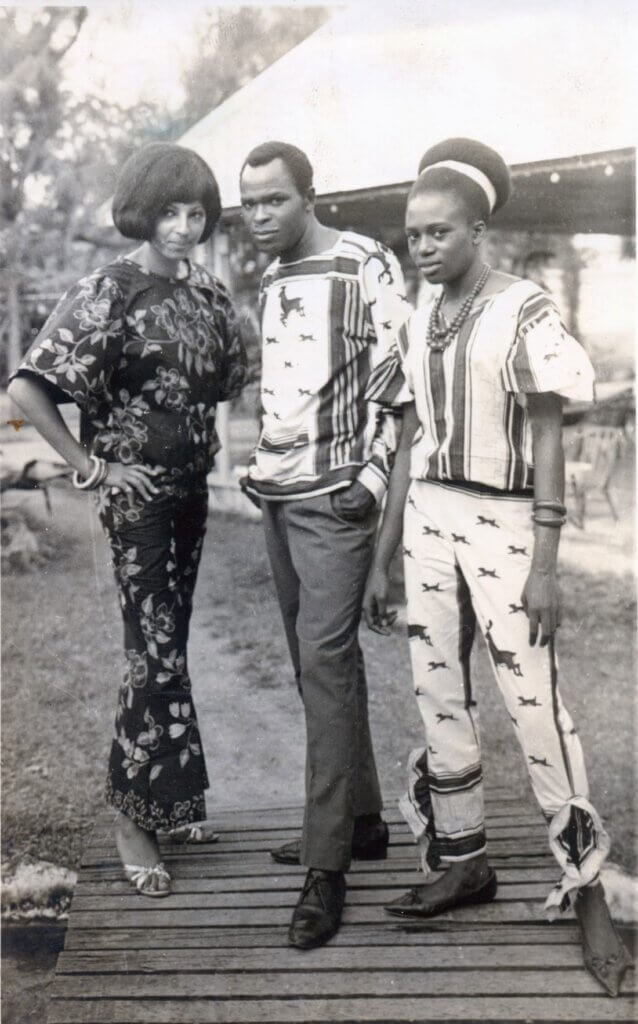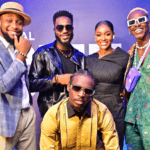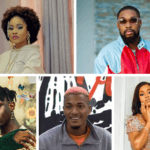Every year on October 1, Nigerians celebrate independence from British rule – a rule that sets us back over seven decades as we couldn’t develop our own identity and resulted in neo-colonialist consequences that would forever taint what it means to be Nigerian.

This anomaly was not only evident in our ruling system, but it was also reflected in how we presented ourselves as a nation. Although there were iconic moments when Nigerian leaders refused to let go of their heritage, a vast majority stuck to doing what was acceptable according to the British system.
For corporate events, traditional attires were considered less professional as opposed to the British way of dressing in suits and ties, during the pre-colonial and post-colonial era.
Today, many years post-independence, we are still having those conversations: although we have made progress as certain Nigerians have worked to reclaim their identity through fashion, a part of our identity is still ingrained in British culture. Shade Thomas-Fahm was one of the latter. As a fashion designer, she started the movement towards rethinking Nigerian identities. Typically, when people want to express freedom, the first thing they change is how they look; fashion, then, becomes a crucial tool for embracing identity.
For Shade, Nigeria’s first modern fashion designer, championing Nigerian fabrics, style, and designs for the contemporary Nigerian woman was a way to announce herself as a force in the Nigerian market after studying Nursing in England in the 1950s.

“Her boutique became the go-to place for stylish people in Lagos, and she counted diplomats and royalty among her regular customers. Often using aṣọ-òkè, àdìrẹ, akwete, and okene in her designs, she often re-imagined traditional Nigerian styles for the modern woman, creating a pre-tied gèlè (headwrap) to make getting dressed easier, and added a zipper to the ìró (wrapper). Originally a wrapped garment, the new style of ìró allowed cosmopolitan women to move around easily,” Victoria and Albert Museum said.
From then on, Nigerian designers worldwide have made it a goal to create fashion pieces ingrained in Nigerian culture, with a bit of a modern twist, to revive their identities.
Designers like Lisa Folawiyo, Deola Sagoe, and Kenneth Ize, have set an example of how it should be done while depicting that local or homemade doesn’t mean inferior fashion. From the choices of fabrics to the Innovation, fittings, and overall styling, these designers are a step above the rest and have been in the game for a decade.
Unlike when most people went back to mirroring Hip-hop and pop fashion in the 90s because of the influence of the music industry and Hollywood on fashion across the world, Gen Z’s are now rather committed to connecting with their Nigerian roots while embracing modernity on their journey towards self-awareness.
Although the y2k trend, a trend covering the styles in the mid 90s and early 2000s, is heavily influenced by Hollywood and hip-hop culture, modern-day fashion enthusiasts and designers have found a way to express their freedom and identity through fashion. These modern-day trends are still a part of our society, but new age designers are focused on creating brands with a modern-Nigerian blend.
The change has not only reflected in society but also in our number of exports. In 2019, Euromonitor suggests that the Sub-Saharan fashion market is worth $31 billion, with Nigeria accounting for 15% (about $4.7 billion) of that. Nigeria’s fashion has risen in size; it has come a long way since the 1960s.
As Africa’s biggest reality TV show, Big Brother Naija, hosted its weekly eviction show, its host, Ebuka Obi-Uchendu, on many occasions showcased how culture can be cool through his choice of outfits. One particular outfit that stood out was his Akwete outfit.
The outfit, made by Deco D29, was made with the hand-woven Akwete usually produced in Igboland and is named after the Akwete town in Abia State, where it is famously woven. The Akwete cloth weaving, said to be as old as the Igbo culture, made an entrance on Africa’s biggest reality TV show watched by over 40 million people across Africa. Tell me something more culturally forward than this? I’ll wait.
62 years later, we are not there yet, but we are on our way to the ultimate awakening where being Nigerian through fashion, music, and lifestyle is venerated by Nigerians living in Nigeria and in the diaspora, where both the poor and rich can look exquisite in Nigerian and African prints without feeling any form of inferiority as a result of the influence of western fashion.



Comments
Loading…